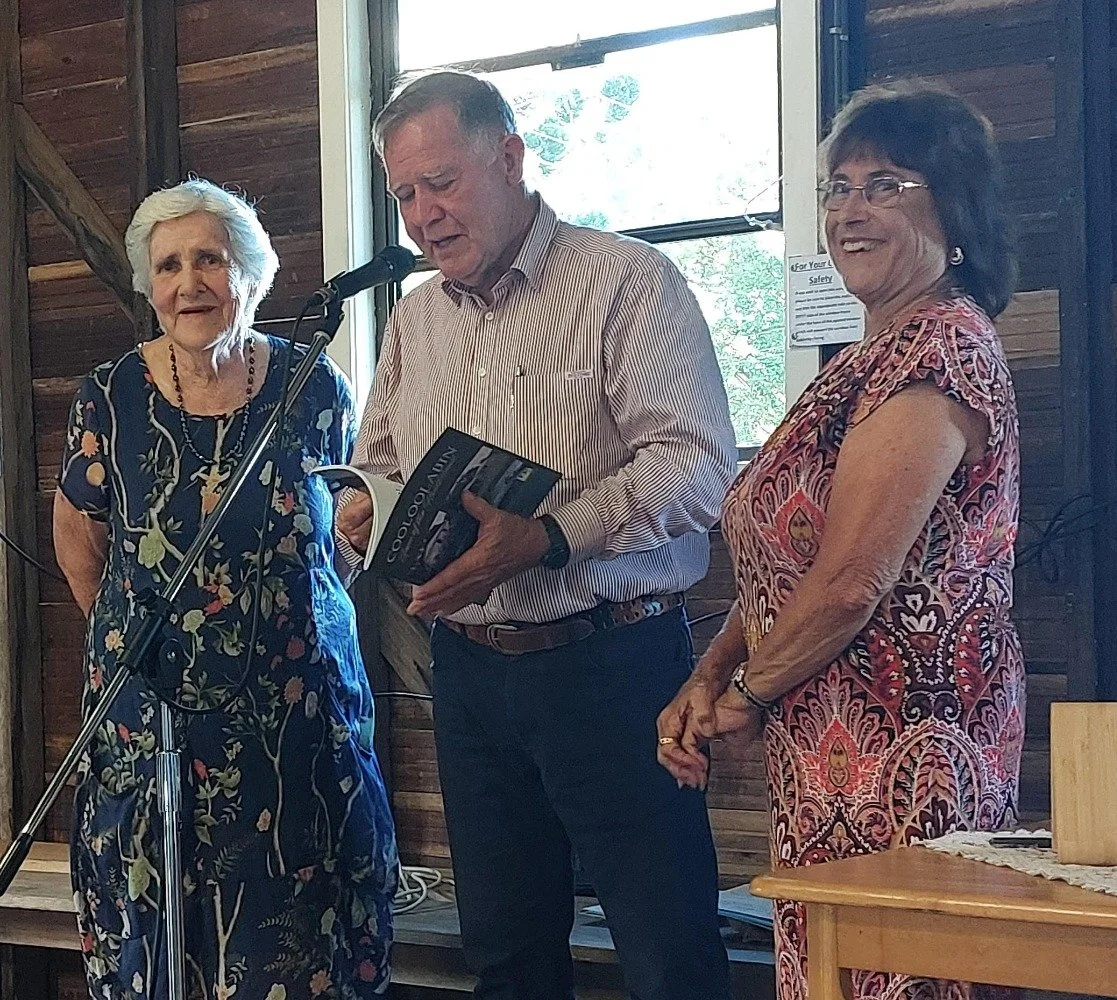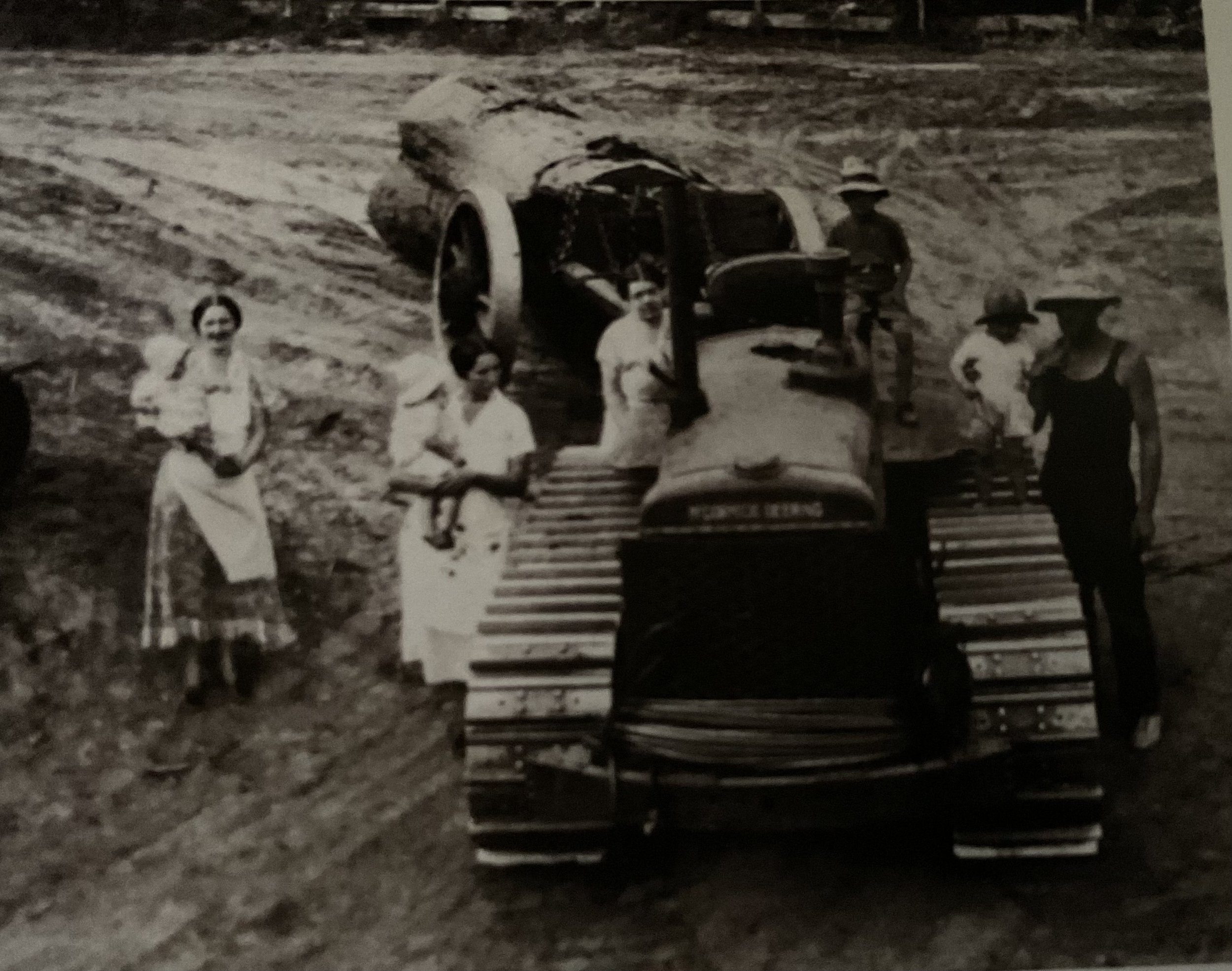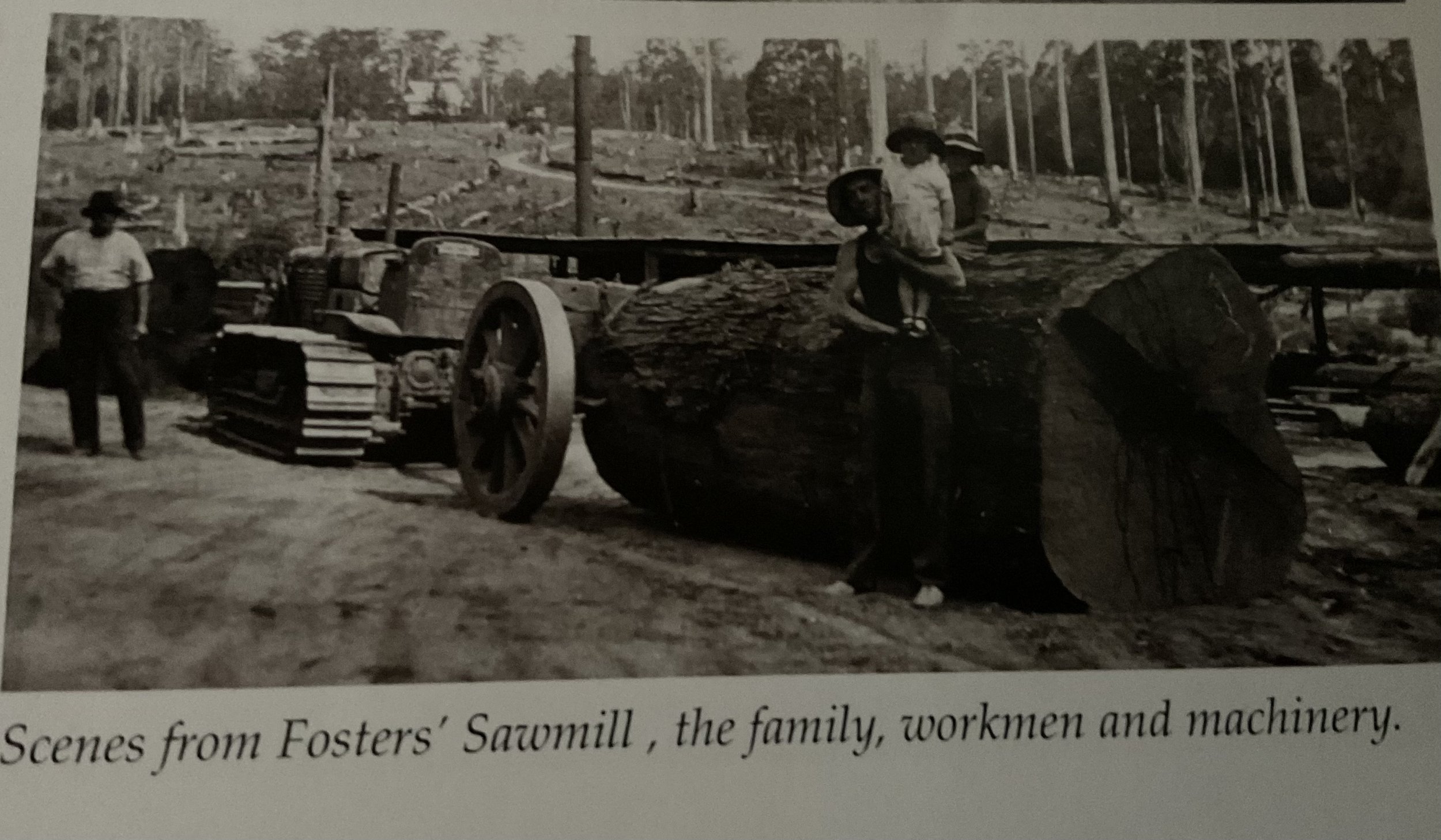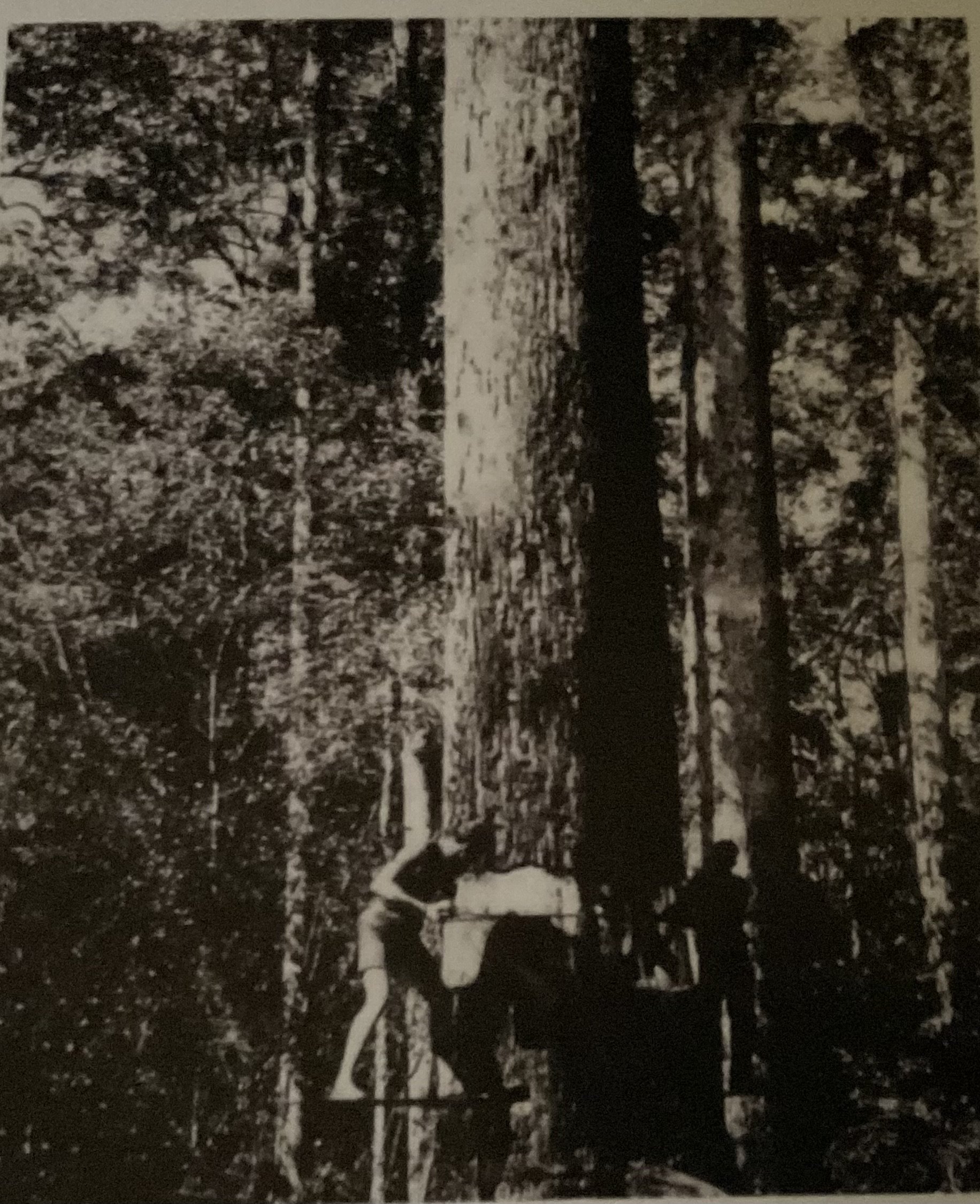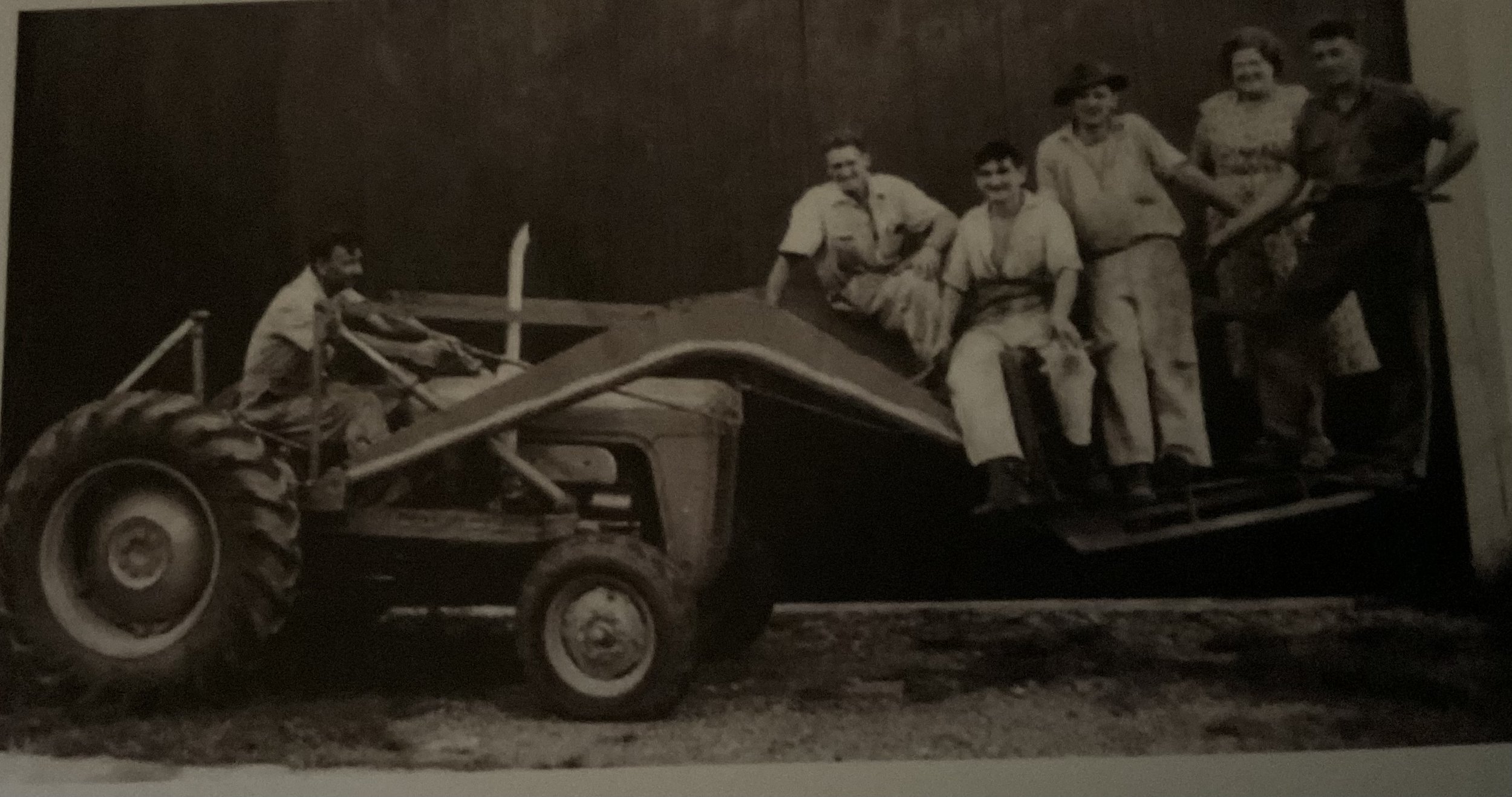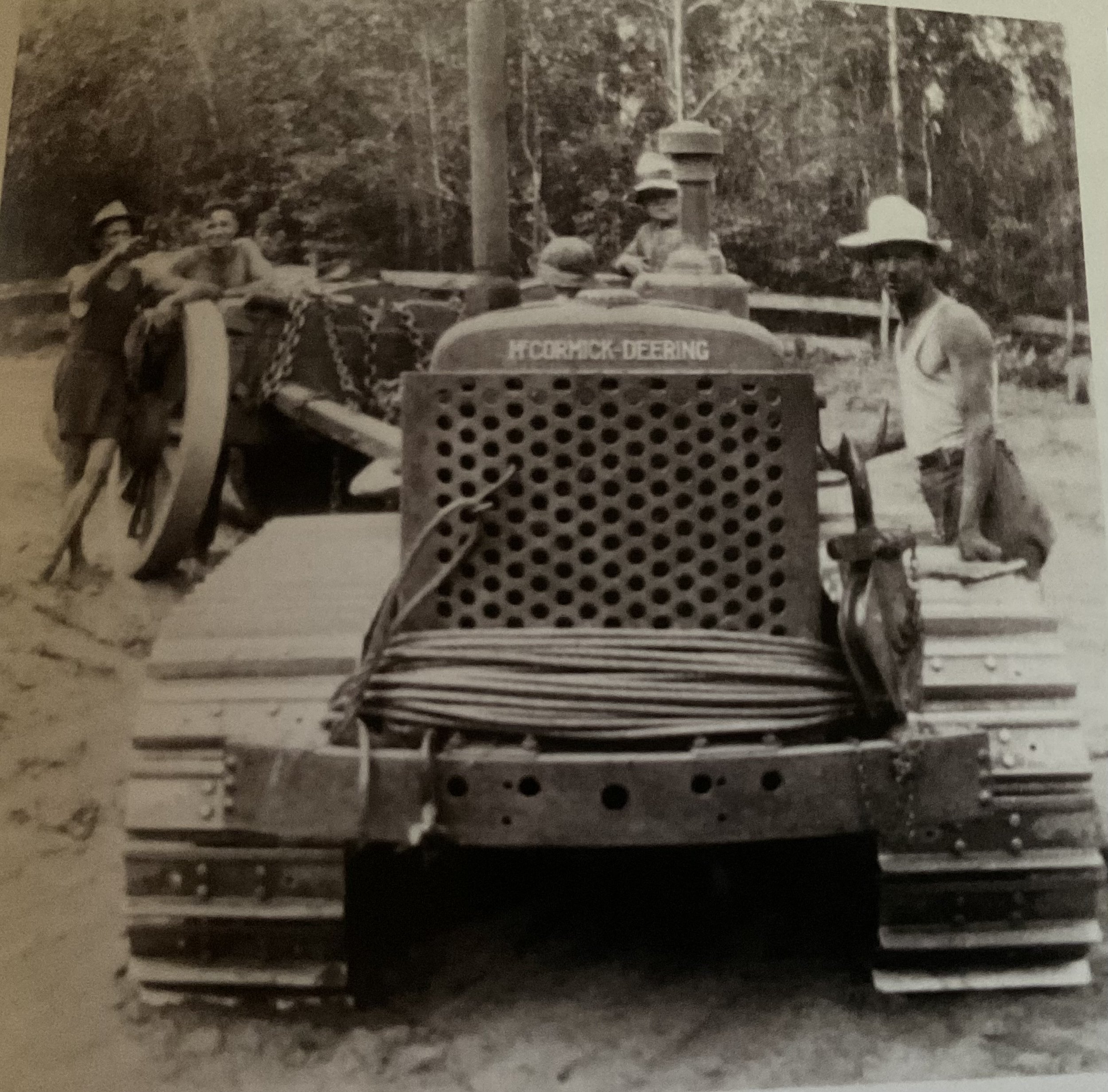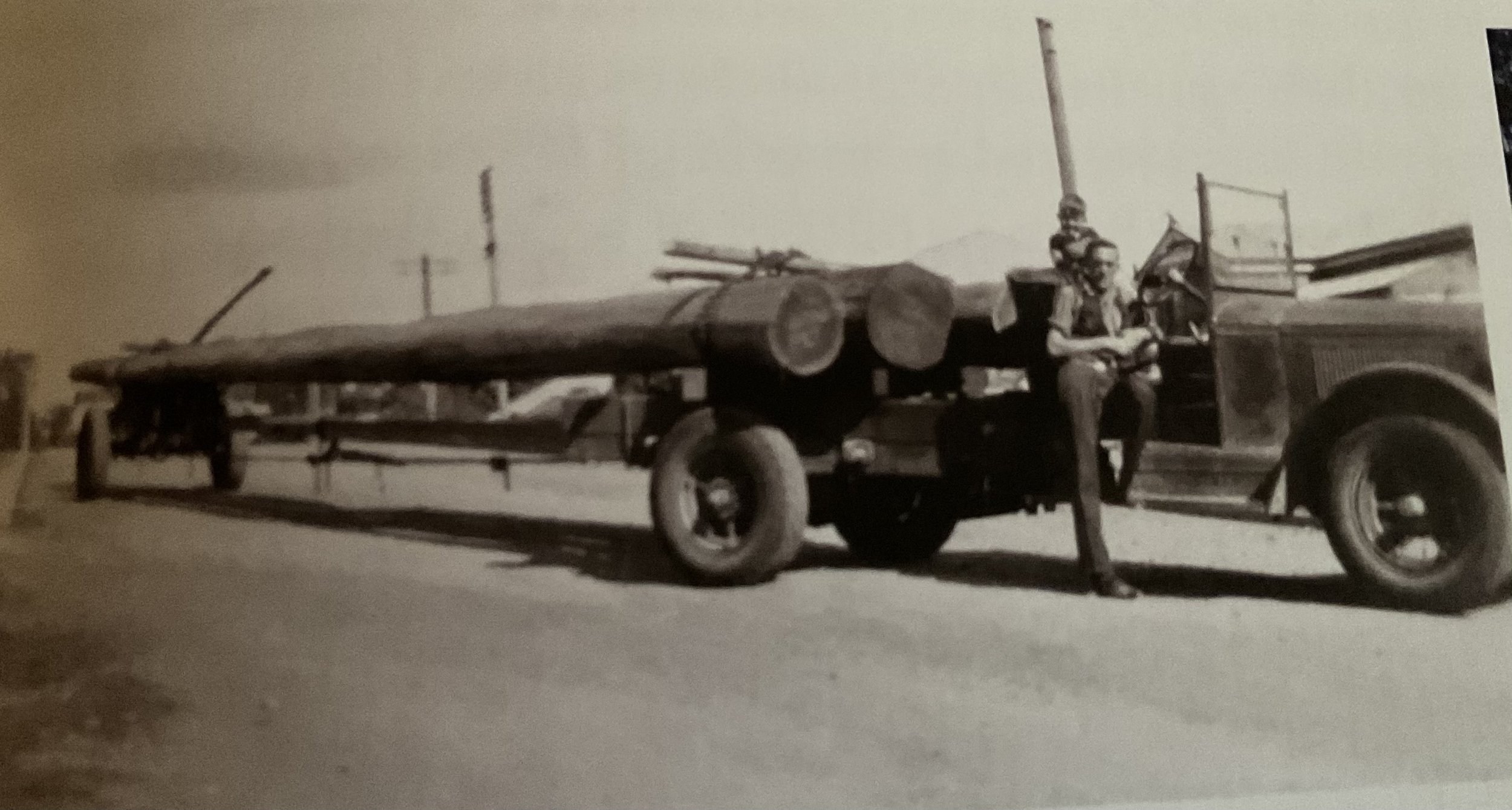Towering forests, tall timber: Cooloolabin book launch
Unveiling the secrets of Cooloolabin: a journey through time and heritage, from left, Audienne Blyth, Greg Rogerson & Elaine Ogilvie.
Local history comes alive
A new book invites readers into the captivating world of Cooloolabin, where history echoes through the towering forests and the cherished memories of generations past linger in the air.
Former Greg Rogerson launched the new book on Saturday April 13 at the Cooloolabin Hall with authors Elaine Ogilvie and Audienne Blyth on hand to talk about their project.
About 150 guests enjoyed afternoon tea with local historical groups and community associations as well as Cr David Law.
Some extracts from the book follow: Cooloolabin sits like a gem in the crown, just behind Yandina. From Point Glorious views extend to the Pacific Ocean, from Double Island Point to the Glasshouse Mountains. On a hot day the air is always cooler than that of the coast. Visitors are impressed with the heavily timbered forest, now Mapleton National Park, and the Dam.
There is evidence of use by First Nations people. Cooloolabin derives from the Aboriginal words meaning place of native bears.
The centrepiece is the Cooloolabin Hall, once known as the School of Arts, and officially opened in January 1917. This year marks 107 years. It is run by Cooloolabin Hall Association Incorporated, CHAI.
The Fraser family were the first settlers and gave land for the hall and a tennis court. Other early settlers who worked to establish the hall were: Ivins, Grigor, Kennison, Humphreys, Hillier, Love, Smith, McBaron, Drummond, Morrison and Allendorf. Subscriptions funded a lending library and a piano and accordion for dances and social occasions.
Some of the first groups to use the hall were church groups; Baptists, Presbyterians, Methodists and the Salvation Army took one Sunday each month generally arriving by horse. A rifle club and farmers’ groups met there. Timber getting, dairying and the growing of bananas and citrus were the early industries.
The Cooloolabin State School functioned as a one-teacher school from 1915 – 1962. Children were then taken by bus to nearby schools.
By 1919 a Lawn Tennis Club was established. In an idyllic setting, families would gather to play tennis on Saturday afternoon followed by a basket tea and a dance “till all hours” in the hall.
By the 1920s, “picture man” Mr Moskyn travelled to the hall once a month to show silent films with his own portable projector.
The Johnston family delivered cream three times a week to Yandina in a two-horse wagon. They returned with mail and groceries. In the 1930s they used an A-model Ford utility. This mail service continued into the 1950s.
Facilities were gained by perseverance and lobbying. Communication by 1938 was by public pay telephone which sat in a box on a fence outside Arthur & Gladys Johnston’s house. Later a telephone exchange serving the four to six resident families was built in the Johnston’s house and looked after 24 hours a day by Gladys. It closed in 1963 and was replaced by a direct line through to Yandina. Power came in 1965. Residents are dependent on the condition of Cooloolabin Road and have always campaigned for improvements.
Vast timber resources
Cooloolabin’s vast timber resources have been used by various sawmills. Jocumsen’s Sawmill operated there from 1919 to the mid 1920s. Fosters’ Sawmill operated from 1932 to 1945. During World War Two a US Navy team, the 55th Seabees, supplied large quantities of sawn timber and piles for wharves on bases in the Pacific. Wilkinsons’ Yandina Sawmill was kept supplied with logs.
In February 1954 one of the worst cyclones to strike the Sunshine Coast demolished the hall. With community working bees and donations it was rebuilt using the salvaged timbers and re-opened at a Grand Ball on 13 August, 1955. In the 1950s and 1960s catering for social functions meant hearty suppers of sandwiches and cakes. The hall had a reputation for good dances on an excellent floor.
The Image Flat – Cooloolabin Fire Brigade and the community have supported modernisation of the hall and it continues to provide a gathering point.
In the last few years Cooloolabin Hall has been renovated and has a modern kitchen and indoor shower and toilet. Large water tanks were installed. There is a strong committee from a very supportive community. The hall is their gathering point and the future looks bright.
• Cooloolabin, Gem of the Hinterland, by Audienne Blyth & Elaine Ogilvie is for sale at $25 per copy, phone 0409 493 305.

